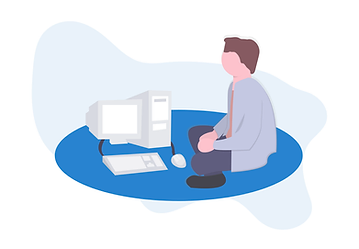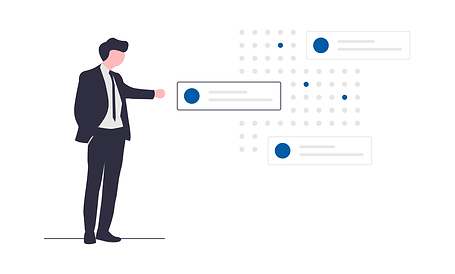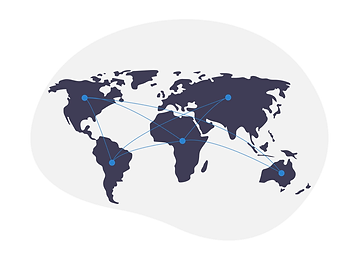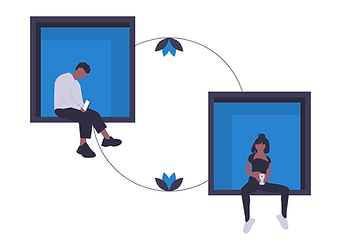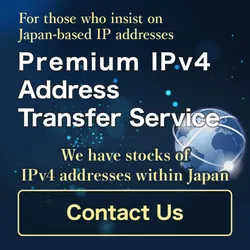IP Address (=Internet Protocol Address)
It is necessary to connect to the Internet. Having this allows connected devices to communicate with each other. Until the 2010s, IPv4 (IP version 4) addresses were the mainstream. Since 2020, the new standard of IPv6 (IP version 6) has become the mainstream.
Also, they can be broadly classified based on usage, into "Global IP Addresses" that can connect to the Internet worldwide, and "Private IP Addresses" used within company networks or home LANs. Among these, the Global IP Addresses are tradable.
IPv4 Address Exhaustion Issue
Now, including mobile phones, each person has more than one device connected to the Internet, leading to a physical shortage of IPv4 addresses. Therefore, measures to combat this exhaustion have been discussed since the inception of the Internet. One of these measures is the concept and technology of DHCP (Dynamic Host Configuration Protocol) and NAT (Network Address Translation).
These technologies have prevented exhaustion by recycling the limited number of IPv4 addresses. Now, we can use IPv6 addresses, a new standard of IP addresses (approximately 340 undecillion = 340 trillion x 100 trillion x 100 trillion), but devices and networks that still use IPv4 addresses exist, so their use continues.
PI Addresses & PA Addresses
PI addresses are IP addresses declared for use within an organization. PA addresses are IP addresses held by providers, and are declared to be further allocated to users.
Historical PI address
This is an abbreviation for 'Provider Independent Addresses,' which hold historical significance. Historical PI addresses refer to IPv4 addresses that were widely allocated to public institutions, academic institutions, and private companies when commercial Internet was expanding. This contributed to the spread of the Internet, but now there are many unused IPv4 addresses, which has led to issues like Internet latency.
